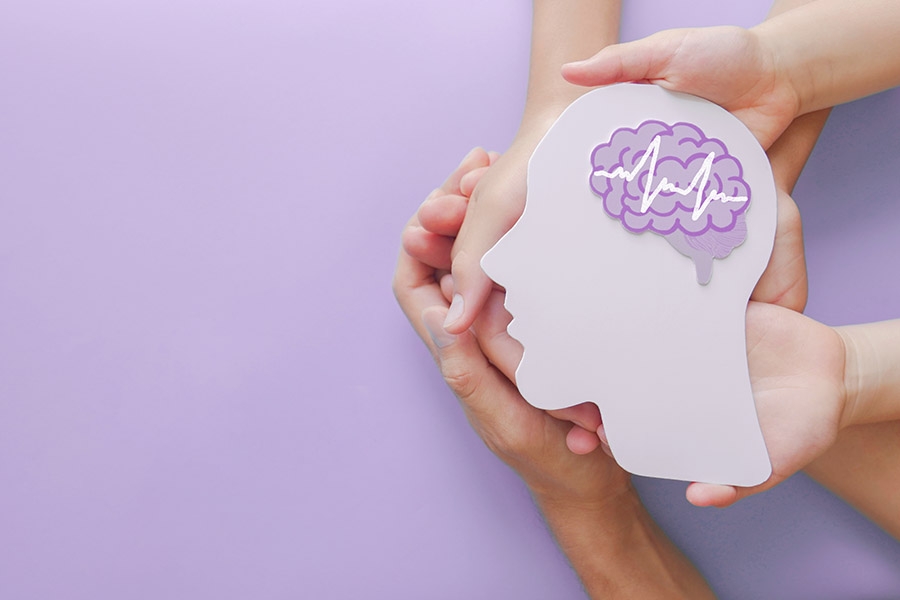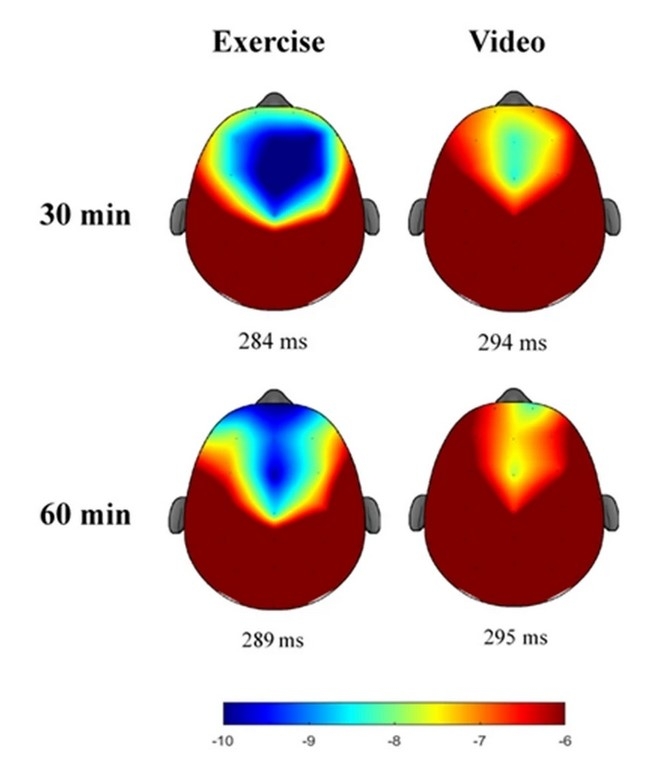ORIGINAL ARTICLE:本校公共事務中心 (2022.10.31)
(English Version Powered by ChatGPT, Edited by Serena H.)
[This article is provided by Professor Hung Tsung-Min’s research team from the Department of Physical Education and Sport Sciences]
Cognitive function has always been an important factor affecting children’s learning performance, but children with Attention Deficit/Hyperactivity Disorder (ADHD) often lack sustained attention and inhibitory control, which leads to learning difficulties and socially adapting problems. Current studies show that acute exercise can improve cognitive function, but the duration of these benefits remains unclear, and only few past studies have used objective indicators (such as ERP, HRV) to observe the underlying psychophysiological mechanisms. Therefore, the main purpose of this study is to investigate the retention effect of inhibitory control after acute moderate-intensity exercise in children with ADHD.
The research method used a within-subject balanced design involving 24 children, aged 8–12, who were clinically diagnosed with ADHD, and had them perform both exercise and control conditions, with changes in inhibitory control, heart rate variability (HRV), and event-related potentials (ERP) being observed within one hour after each condition.
The results showed that the retention of inhibitory function improvements in children with ADHD after acute exercise can last up to 60 minutes, as reflected in task performance and ERP indicators, and the maintenance of cognitive benefits was also associated with changes in high-frequency HRV (HF-HRV) caused by acute exercise.
In terms of prevalence, the DSM-IV states that ADHD affects 3% to 7% of children. In Taiwan, the prevalence among children is estimated at around 7.5% to 10% (Gau, Chong, Chen & Cheng, 2005). In other words, on average, 2–3 students in every classroom in Taiwan may have ADHD. A common misconception is that children with ADHD will outgrow it during adolescence. However, research indicates that at least 50–70% of individuals with ADHD continue to experience symptoms into adulthood (Lara et al., 2009), highlighting the need to address this issue seriously.
The study used a within-subjects design with 18 children aged 8–12 diagnosed with ADHD, who underwent both an exercise condition and a control condition, with measurements taken within one hour post-exercise to observe changes in inhibition (via Flanker task), HRV, and ERP indicators.
The results showed that in inhibition tasks, the exercise condition led to higher accuracy across all difficulty levels compared to the controlled condition, and the effect lasted up to 60 minutes post-exercise. ERP analysis showed a higher N2 amplitude across all difficulties, lasting up to 60 minutes after exercise. HRV analysis, however, only showed differences between conditions at the 30-minute mark after exercise.
Additionally, autonomic nervous system regulation (sympathetic/parasympathetic) was not the cause of the cognitive benefits observed after exercise. This study takes a cognitive neuroscience approach to observe the sustained benefits of acute exercise on cognition, and from a practical perspective, it is still recommended that acute moderate-intensity exercise be used to help children with ADHD.
Original publication: https://doi.org/10.1038/s41598-020-76859-9
Source: Research Highlights, Office of Research and Development
Original link: https://rh.acad.ntnu.edu.tw/tw/article/content/176
Yu Chien-Lin, PhD student
Currently pursuing a PhD in the Department of Physical Education and Sport Sciences at NTNU. Research interests include competitive sports and brain neuroscience.
Chueh Ting-Yu, PhD student
Currently pursuing a PhD in the Department of Physical Education and Sport Sciences at NTNU. Research interests include exercise and cognitive neuroscience.
Professor Hung Tsung-Min
His research areas include competitive and fitness sport psychology, exercise cognitive neuroscience, and applied sport psychology. He has been awarded titles such as Fellow of the American Academy of Kinesiology, Fellow of the International Society of Sport Psychology, and recipient of the National Science Council Outstanding Research Award and Sports Science Research Award.

